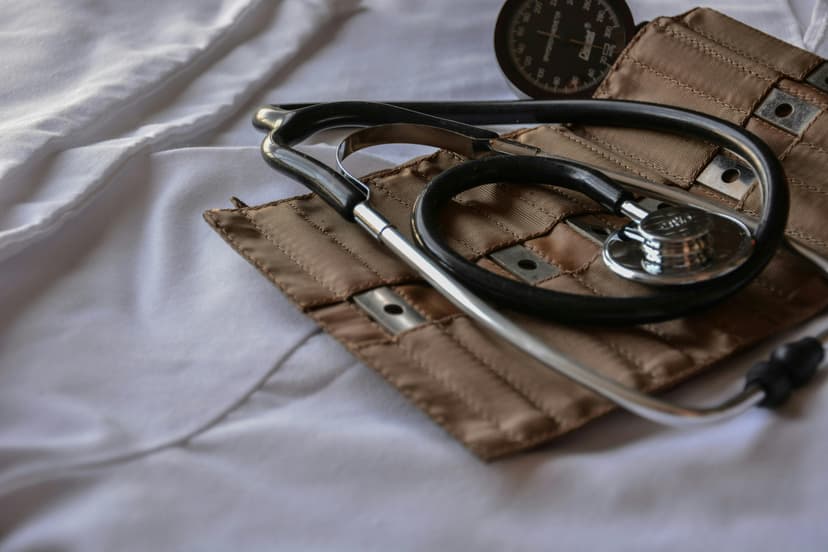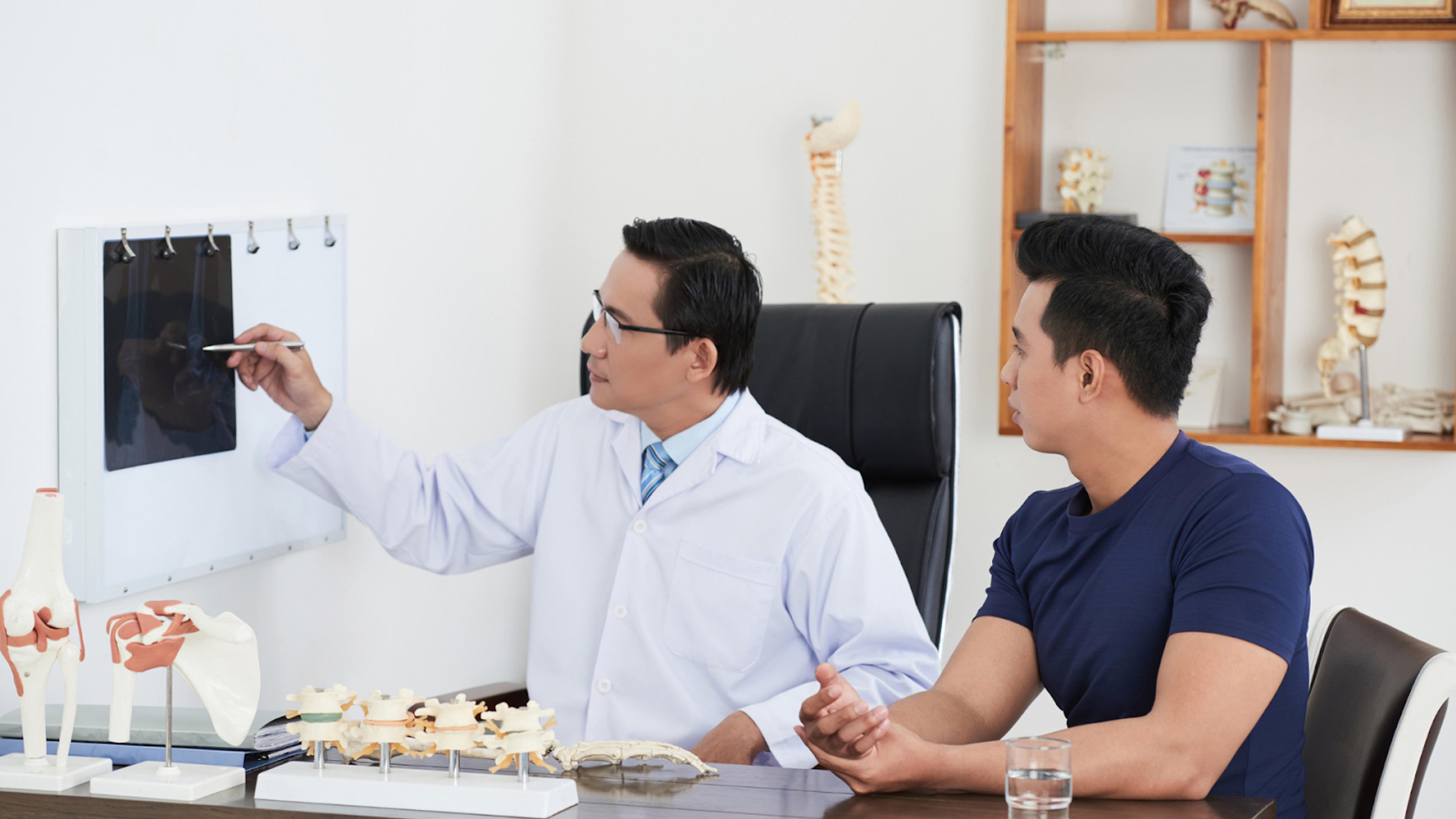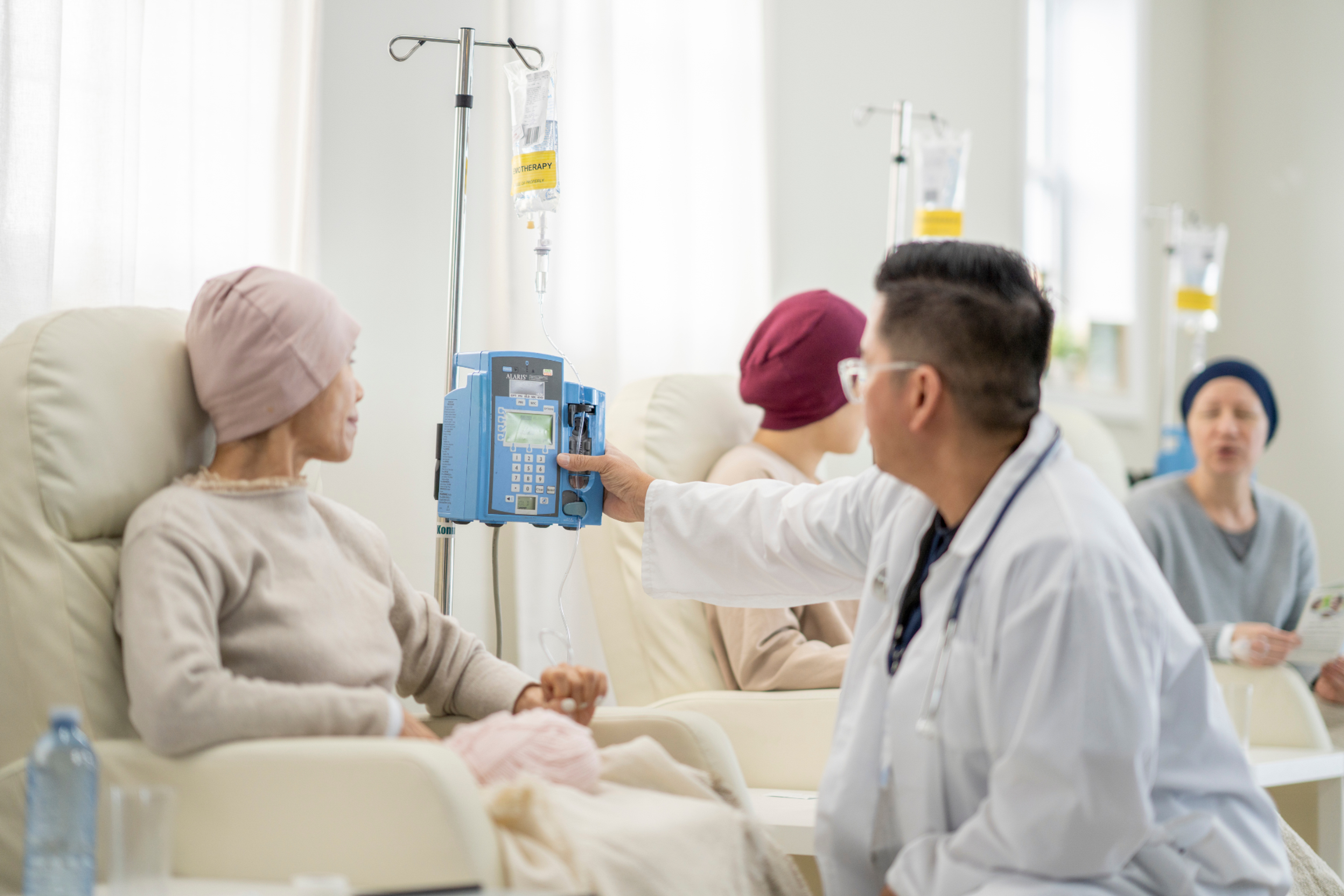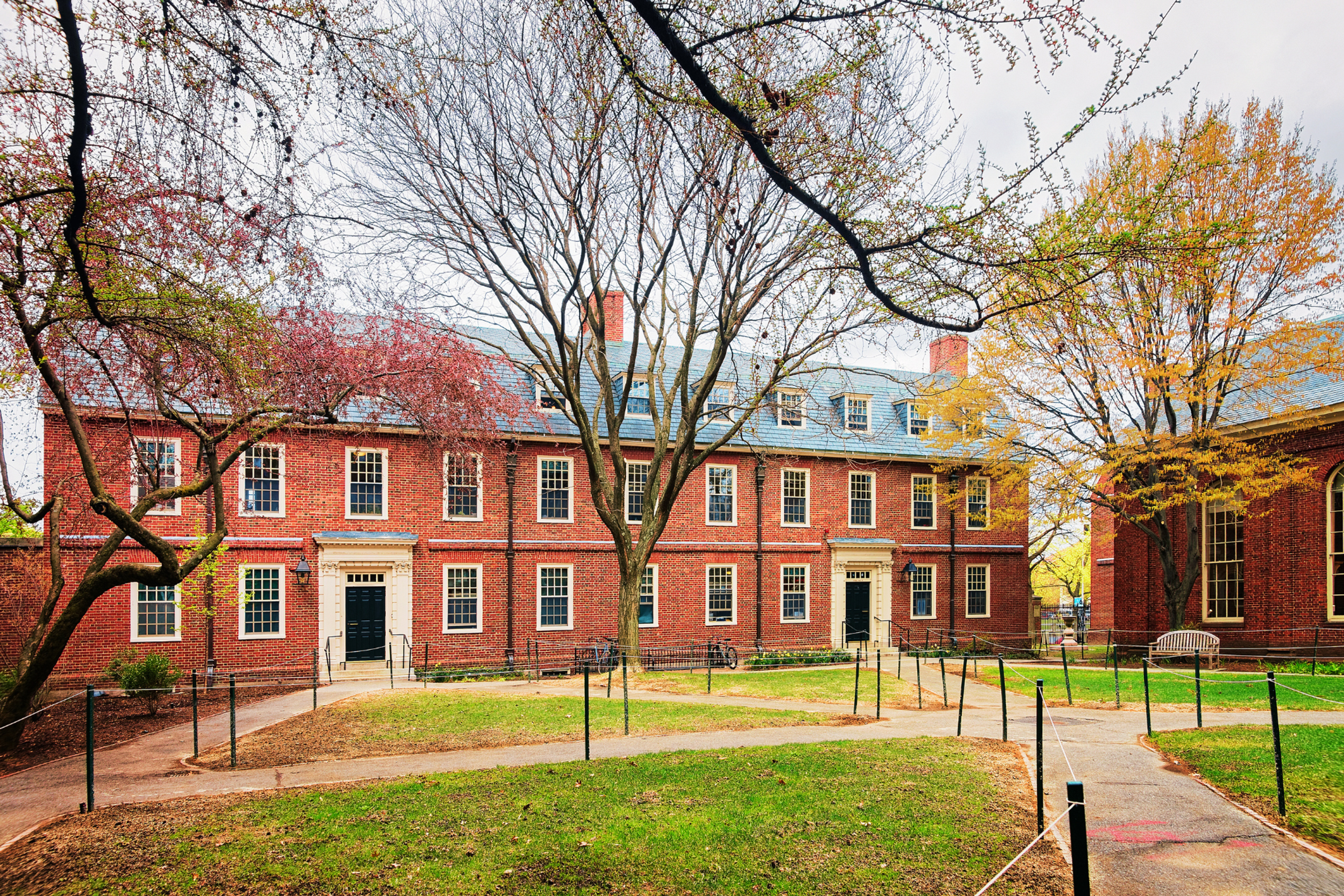The Best Cardiology Medical Schools & Fellowship Programs
From Johns Hopkins to Stanford, explore the top cardiology medical schools and fellowships, including program strengths, rankings, and expert tips.
Posted June 13, 2025

Join a free event
Learn from top coaches and industry experts in live, interactive sessions you can join for free.
Table of Contents
Every human has a heart, and sometimes, hearts need special care and attention in order to keep us healthy. Cardiologists, or physicians specializing in diagnosing and treating heart-related issues, spend years preparing for this role even before they’re licensed to practice on their own. Medical school is the first major step on this journey, followed by residency and fellowship programs. The programs you choose will set you on the path to becoming the best cardiologist you can be.
If you want to become a top cardiologist, where you start your journey matters. Certain medical schools offer stronger cardiology research, top-tier hospital affiliations, and better fellowship placement. Here's a breakdown of the best med schools for future cardiologists, and how to choose the right one.
What Does a Cardiologist Do?
A cardiologist is a physician who specializes in diagnosing, treating, and preventing diseases of the heart and blood vessels. From managing chronic conditions like high blood pressure and heart failure to performing life-saving procedures such as cardiac catheterizations, cardiologists play a vital role in maintaining cardiovascular health.
Becoming a cardiologist involves several steps after receiving an initial undergraduate degree, including:
- Four years of medical school,
- a three-year internal medicine residency,
- a cardiology fellowship that typically lasts another three years. For those pursuing subspecialty training, additional fellowship years may be required.
Cardiology is a demanding yet highly rewarding medical specialty.. Cardiologists often form long-term relationships with patients and have the opportunity to make tangible, often life-saving impacts every day. If you're drawn to complex problem-solving, high-stakes decision-making, and a career at the cutting edge of medical science, cardiology might be the perfect fit. And choosing the right school or fellowship program can set the foundation for a successful, fulfilling journey in this dynamic field.
Best Medical Schools for Cardiology: 2025 Rankings
Johns Hopkins University School of Medicine
- Location: Baltimore, Maryland
- Departments:
- Sample Specialty Areas:
- Amyloidosis
- Adult Congenital Heart Disease Center
- Cardio-Oncology
- Heart Failure
- Inherited Heart Diseases
Cardiology is often regarded as one of the most challenging and complex branches of medicine. As a result, several medical schools have established themselves as leaders in this field. Among them, the Johns Hopkins University School of Medicine stands out. Renowned for its cutting-edge research, state-of-the-art facilities, and exceptional faculty, Johns Hopkins offers a comprehensive program that prepares students for the rigors of cardiology.
Johns Hopkins University School of Medicine has a long-standing tradition of excellence in cardiovascular medicine. The faculty is composed of world-renowned experts who are at the forefront of groundbreaking research and clinical practice. Students at Johns Hopkins have the opportunity to work alongside these experts, gaining invaluable knowledge and experience.
Read: Johns Hopkins University School of Medicine: Admission Requirements and Application Process
Mayo Clinic Alix School of Medicine
- Location:
- Phoenix, Arizona
- Jacksonville, Florida
- Rochester, Minnesota
- Sample Specialty Areas:
- Aortic Center
- Cardiac Intensive Care Unit
- Heart Brain Clinic
- Heart Transplant Program
- Pediatric Cardiology
Another prestigious institution is the Mayo Clinic Alix School of Medicine. With a strong emphasis on clinical practice, Mayo Clinic Alix School of Medicine provides students with invaluable hands-on experience. They are exposed to a variety of complex cases, enabling them to enhance their diagnostic skills and treatment strategies.
The Mayo Clinic College of Medicine and Science offers a wide range of resources to support students in their cardiology education. The school has a dedicated cardiology library, which houses an extensive collection of books, journals, and research papers. Additionally, students have access to advanced imaging and diagnostic tools, enabling them to accurately diagnose and treat cardiovascular conditions.
Read: Mayo Clinic Alix School of Medicine: Admission Requirements and Application Process
Harvard Medical School
- Location: Boston, Massachusetts
Harvard Medical School is also highly regarded for its cardiology program. With its rich history and reputation for excellence, Harvard offers students the opportunity to learn from world-renowned experts in the field of cardiology. The school's extensive resources and collaborations ensure that students receive a comprehensive education in this rapidly evolving specialty.
Harvard Medical School is affiliated with several prestigious hospitals, including Massachusetts General Hospital and Brigham and Women's Hospital. This affiliation provides students with access to a diverse patient population and a wide range of clinical experiences. Students have the opportunity to observe and participate in complex cardiac procedures, further enhancing their skills and knowledge.
Harvard Medical School offers numerous research opportunities in the field of cardiology. The school has established research centers and institutes dedicated to cardiovascular research, where students can engage in cutting-edge studies. These research experiences not only contribute to the advancement of cardiology but also provide students with a deeper understanding of the underlying mechanisms of cardiovascular diseases.
Read: How to Get Into Harvard Medical School: Requirements & Application
Columbia University Department of Medicine
- Location: New York, New York
- Sample Programs:
If you’re serious about becoming a leader in cardiology, Columbia University Department of Medicine is one of the best places to start. Students and trainees are right in the middle of one of the busiest heart centers in the country, working on everything from heart transplants to next-generation heart failure treatments. You’re not just studying breakthroughs, but you're helping create them, alongside some of the most respected physicians and researchers in the field.
Stanford University School of Medicine
- Location: Stanford, California
- Sample Programs:
If you see yourself not just practicing medicine, but changing it, Stanford Medicine could be the right fit for you. Here, innovation isn’t a buzzword, but it’s the everyday culture. You’ll be encouraged to ask bold questions, chase new ideas, and work side-by-side with pioneers who are shaping the future of cardiology. Whether it’s leading research in heart disease prevention or using AI to rethink patient care, Stanford gives you the tools, mentorship, and belief that you can make a real difference.
Read: Stanford University School of Medicine: Admission Requirements and Application Process
Top Fellowship Programs for Cardiology
Stanford University School of Medicine
- Sample Curriculum:
- Cardiac Catheterization
- Echocardiography
- Critical Care Cardiology (CICU)
- Cardiac Electrophysiology
- Nuclear Cardiology
Stanford’s General Cardiology Fellowship is built to turn you into a leader in the field. From day one, fellows dive into a wide mix of training across clinical care, research, and teaching, with real exposure to everything from preventive cardiology to advanced heart failure and cutting-edge imaging.
You’ll work closely with world-class faculty, customize your learning path, and get the kind of hands-on experience that truly prepares you for wherever you want to take your career next, whether that’s academic medicine, private practice, or innovation.
Columbia University Department of Medicine
- Application Deadline: July 31
- Length of Program: 3-4 years
- Sample Fellowship Programs:
Columbia’s General Cardiology Fellowship is designed for people who are serious about making an impact. Fellows train at one of the busiest heart centers in the country, gaining hands-on experience in everything from complex interventions to cutting-edge heart failure care.
The program offers a strong mix of clinical exposure, research opportunities, and mentorship, helping you build real expertise while also shaping your leadership skills for the future. If you want to be surrounded by top clinicians, researchers, and innovators, Columbia gives you the runway to launch an exceptional career.
NYU Grossman School of Medicine
- Sample Fellowship Programs:
At NYU Grossman School of Medicine, the Cardiovascular Disease Fellowship is built for people who want deep, hands-on training at the front lines of heart care. Fellows rotate through some of the top hospitals in New York City, managing everything from routine cardiac cases to the most complex interventions.
The program focuses not just on clinical mastery, but also on leadership, research, and academic growth, giving you the skills and mentorship to carve out your own path in cardiology, whether that's in cutting-edge procedures, academic medicine, or community leadership.
UCSF Medical School
- Sample Fellowship Programs:
Fellows at UCSF get intensive, hands-on experience across every major area, from electrophysiology to advanced heart failure, all while working in one of the top academic health systems in the country.
Fellows rotate through three major hospital systems (UCSF Medical Center, Zuckerberg San Francisco General, and the San Francisco VA) giving them unparalleled experience with a wide range of patient populations and cardiac conditions.
The culture here pushes you to think bigger, not just about treating disease, but about redefining standards of care in cardiology. If you’re serious about combining clinical mastery with academic excellence, UCSF sets the bar.
UCLA Medical School
- Sample Fellowship Programs:
UCLA’s Cardiovascular Disease Fellowship gives you full-spectrum training in one of the most dynamic heart programs in the country. Fellows rotate through UCLA’s flagship Ronald Reagan Medical Center, the Westwood VA, and Santa Monica Hospital, giving them diverse exposure to everything from advanced heart failure and transplant care to electrophysiology and interventional cardiology.
What makes UCLA stand out is its high case volume and the strong emphasis on academic leadership, multidisciplinary collaboration, and real innovation. Fellows aren’t just expected to master clinical skills; they’re mentored to push research forward and contribute meaningfully to how cardiology evolves. If you want a program that blends hands-on expertise with real leadership development, UCLA’s fellowship is built for that.
Further Specialization in Cardiology
If you're aiming for a career in cardiology, choosing the right medical school is key. Look for programs that expose you early to real-world cardiology settings. Top schools will give you hands-on access to echo labs, cardiac catheterization labs, heart failure clinics, and electrophysiology units even during your clinical rotations.
You'll start building core skills early, like interpreting ECGs, understanding stress tests, and observing interventional procedures like angioplasty. Some programs also offer electives or research opportunities in areas like cardiac imaging, heart rhythm disorders, or heart failure management, giving you a head start if you want to match into a competitive cardiology fellowship later.
The best med schools for future cardiologists are the ones that treat heart care as a system to experience firsthand, not just study from textbooks.
Medical School Admission and Training
Admission to top medical schools for cardiology is highly competitive, with stringent prerequisites and rigorous selection processes. In addition to excellent academic performance, candidates must also demonstrate leadership qualities, research experience, and a genuine passion for cardiology. Strong letters of recommendation, impressive MCAT scores, and a compelling personal statement are vital components of a successful application.
Once admitted, students embark on a comprehensive training program that combines classroom learning with hands-on clinical experience. They work closely with experienced cardiologists and participate in rounds, gaining exposure to diverse patient populations and a wide range of cardiovascular conditions.
Planning a career in cardiology? Work with a coach who’s helped med students match into top residency and fellowship programs.
Clinical Experience
Medical schools that prioritize clinical experience play a crucial role in shaping competent and confident cardiologists. A robust cardiology program should provide students with opportunities to observe and actively participate in patient care.
Through clinical rotations, students witness the diagnosis and management of various heart conditions, including coronary artery disease, arrhythmias, valvular heart disease, and congenital defects. They learn how to interpret cardiac imaging studies, like echocardiograms and angiograms, collaborate with multidisciplinary teams, and develop essential communication skills with patients and their families.
Bottom Line
If you're serious about a career in cardiology, where you train (both in med school and fellowship) can shape everything about your future. The best programs don’t just teach the fundamentals; they immerse you early in real cardiology environments, challenge you to lead, and give you the resources to innovate. Schools like Stanford, Columbia, Johns Hopkins, UCSF, and others don’t just offer strong reputations; they offer direct access to top hospitals, groundbreaking research, and mentors who are rewriting the future of cardiovascular care.
But remember: becoming a standout cardiologist isn't just about the brand name on your diploma. It's about the depth of clinical exposure you seek out, the research questions you’re brave enough to ask, and the leadership you show along the way.
Choose a school that gives you room to grow both technically and personally, because cardiology demands both. Stay curious, stay bold, and build the foundation now for the kind of career that truly changes lives!
Find the Right Medical School for You with Help from an Expert
A career in cardiology will put you in a position to not only care for patients and their families, but will also give you the opportunity to work with a variety of trained experts across the medical field. Cardiologists address a number of health conditions, and choosing the best medical school for your specific career goals is a first and essential step into a highly specialized and rewarding practice.
Our team of expert medical school admissions coaches have the knowledge and experience to help you choose which programs to apply to and put together application materials that will help you stand out.
Read Next:
- Dental School Acceptance Rates: Factors and Strategies for Admission
- Clinical Experience for Medical School: Why It Matters and How to Get It
- Average MCAT Scores of the Top 50 Medical Schools
FAQs
How long is a fellowship in cardiology?
- Most cardiology fellowship programs last three years after completing an internal medicine residency.
Is it hard to get into a cardiology fellowship?
- Yes, cardiology is one of the more competitive specialties within internal medicine, especially at top programs with strong reputations in cardiovascular medicine.
How much do cardiology fellows make at Hopkins?
- At Johns Hopkins, cardiology fellows typically earn between $70,000 and $80,000 annually, depending on their postgraduate year and medical education level.
What fellowships can you do after cardiology?
- After general cardiology, you can subspecialize in areas like interventional cardiology, electrophysiology, heart failure, and advanced imaging, often with guidance from an associate program director.
What school is best for cardiology?
- In the U.S., schools like Harvard University and Johns Hopkins are often ranked among the best for training in cardiology.
Related topics: T20 Medical Schools: Acceptance Rates, MCAT Scores, & GPAs and The Ultimate Guide to the Medical School Application
Browse hundreds of expert coaches
Leland coaches have helped thousands of people achieve their goals. A dedicated mentor can make all the difference.


















